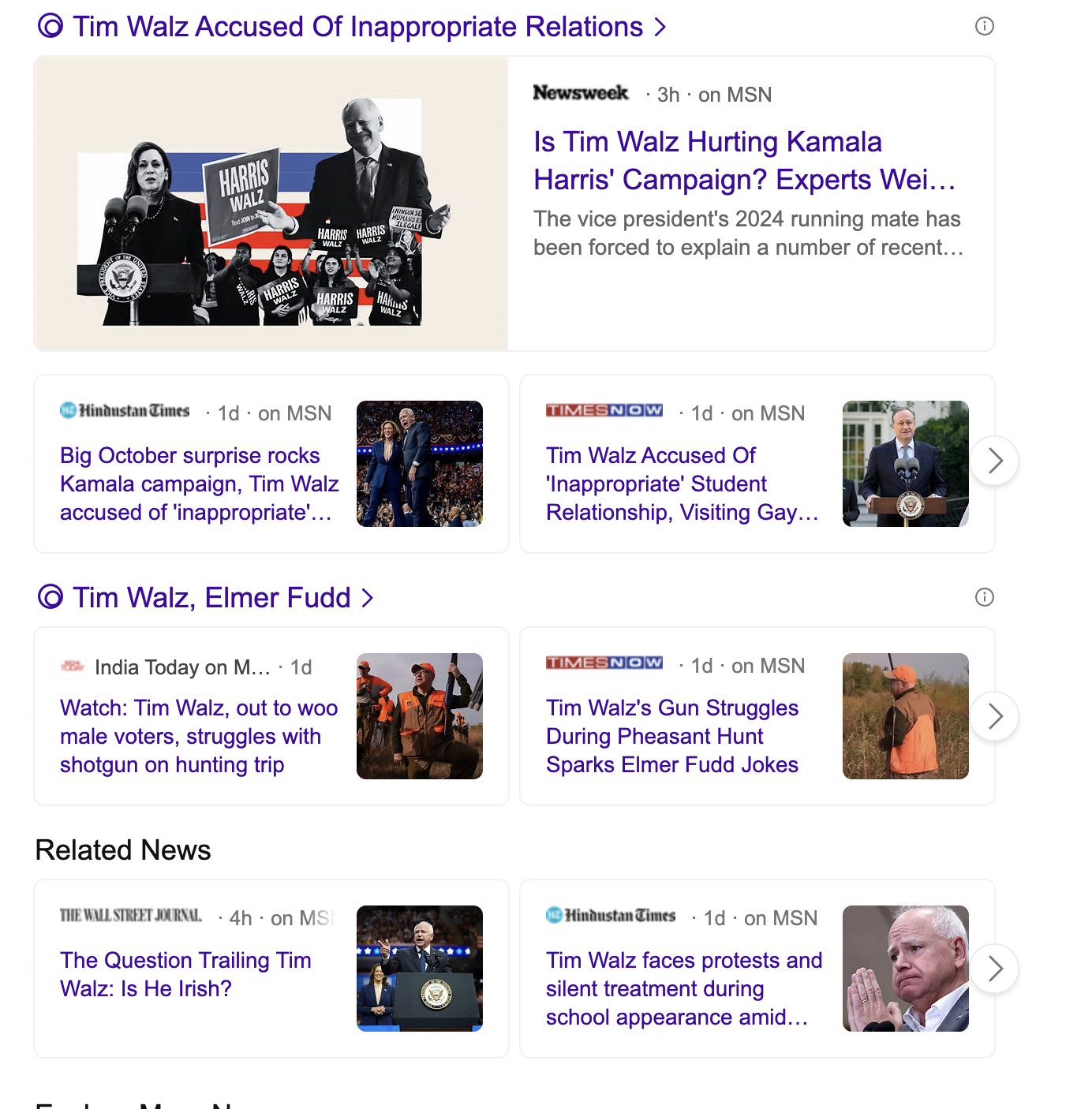Alex Jones Is Trying to Halt the Sale of Infowars. Elon Musk’s X Just Got Involved in the Case.
On Thursday afternoon, a federal bankruptcy judge in Texas ordered an evidentiary hearing to review the auction process that resulted in Infowars being sold to satire site the Onion, saying he wanted to ensure the “process and transparency” of the sale. Infowars’ founder, the conspiracy mega-entrepreneur Alex Jones, has unsurprisingly declared that the auction process was “rigged” and vowed that the review process will return the site to him, while the Onion’s CEO told Mother Jones and other news outlets that the sale is proceeding. For reasons that no one has yet explained, attorneys for X, formerly known as Twitter, the social media giant now owned by Elon Musk, entered an appearance during the hearing and asked to be included on any future communications about the case.
“I was told Elon is going to be very involved in this,” Jones said during a live broadcast on X. After Infowars was seized and the site shut down, Jones promptly began operating under the name and branding of a new venture, dubbed the Alex Jones Network, which streams on X. Jones noted that lawyers for X were present at the hearing, adding, somewhat mysteriously, “The cavalry is here. Trump is pissed.” (He later elaborated that “Trump knows I’m one of his biggest defenders.”)
“I was told Elon is going to be very involved in this,” Jones said.
An attorney who entered an appearance for X didn’t respond to a request for comment; nor did X’s press office. Onion CEO Ben Collins, previously a journalist at NBC News covering disinformation, told Mother Jones on Friday morning, “We won the bid. The idea that he was just going to walk away from this gracefully without doing this sort of thing is funny in itself.” In a statement reprinted by Variety and other outlets, Collins said that the sale is “currently underway, pending standard processes.” Collins had said previously that the plan was to relaunch Infowars as a satirized version of itself in January.
As this odd situation played out, however, Infowars’ website came back online on Friday afternoon; soon after, Jones and his staff had also returned to Infowars‘ studios. Throughout Friday and Saturday morning, the site was full of stories preemptively declaring Jones’ victory over the Onion.
“I told you,” Jones crowed during a Friday night broadcast, back behind his usual desk. “If you want a fight, you got one.”
(After the original publication of this article, Collins responded to the revival of Infowars in a Twitter thread, reiterating that the Onion won the bid and writing that his company “left the hearing with clear next steps to complete the sale. InfoWars’ current management asked to continue operating until then. We always knew the guys who currently run InfoWars were going to take this badly and use a loss to fundraise off of it. They did not disappoint!”)
Jones also vowed that even if Infowars is sold he would sue anyone who “impersonates” him, as well as “the big Democrat gun control group,” involved in the sale. (The New York Times has reported that Everytown for Gun Safety, which advocates for gun law reform, plans to advertise on the relaunched, satire version of the site.)
Judge Christopher Lopez of Texas’ Southern District has been overseeing the years-long bankruptcy process for Infowars. The company and Jones personally filed for bankruptcy protection amid civil lawsuits brought by the parents of children who died at Sandy Hook. Jones was found liable by default for defaming the Sandy Hook families by repeatedly claiming that the mass shooting was a “hoax” and suggesting some of the parents were actors. In the Thursday hearing, Lopez said, “nobody should feel comfortable with the results of the auction” until the evidentiary hearing was held. Christopher Murray, the court-appointed bankruptcy trustee who declared the Onion’s parent company, Global Tetrahedron LLC, to be the auction’s winner, considered the bids in private. According to Bloomberg, Murray told Lopez that Global Tetrahedron’s bid was a better option because the Sandy Hook families agreed to waive some of the money owed to them in order to pay off Jones’ other creditors.
“I’ve always thought my goal was to maximize the recovery for unsecured creditors,” Murray said, per Bloomberg. “And under one bid, they’re clearly better than they were under the other.”
Jones has made it clear that he was working with a group of what he dubbed “good guy” bidders, who he hoped would buy the site and keep him on air. The only other bid besides the Onion’s was $3.5 million from First United American Companies LLC, the company that operates Jones’ online supplement store.
The evidentiary hearing is expected to be held next week.


